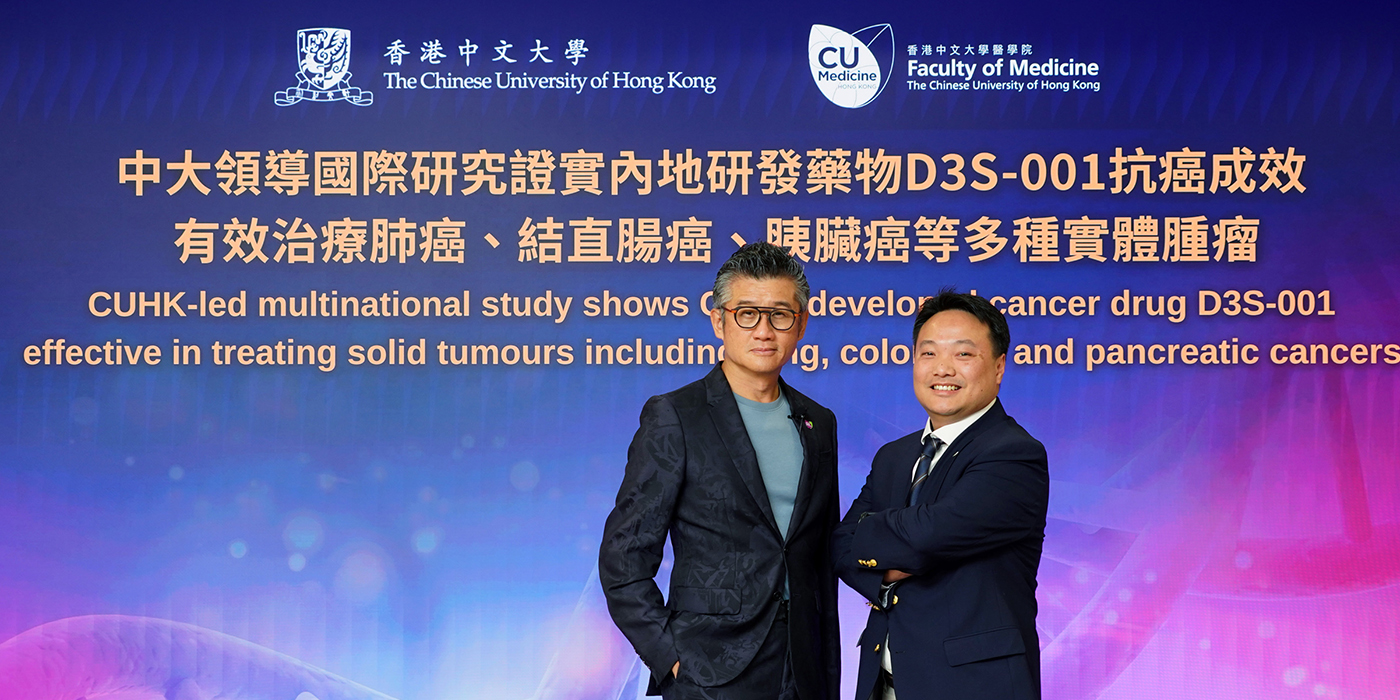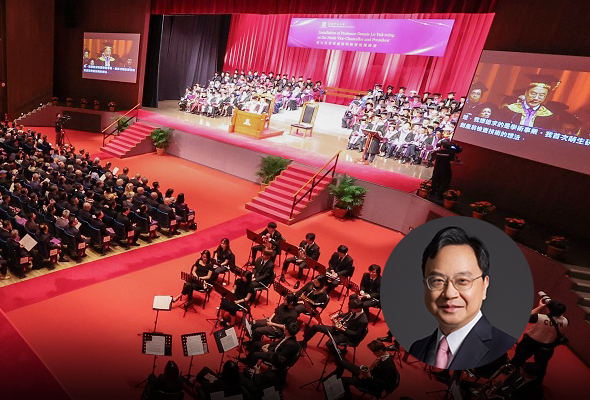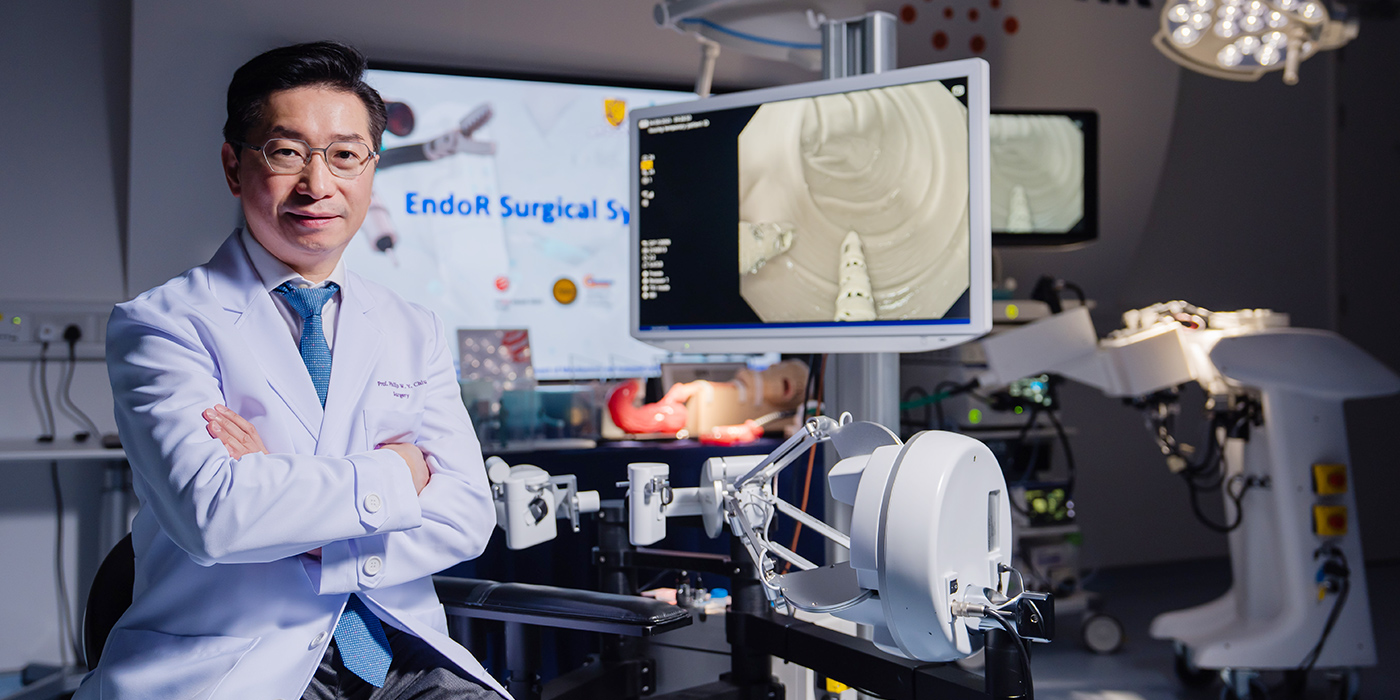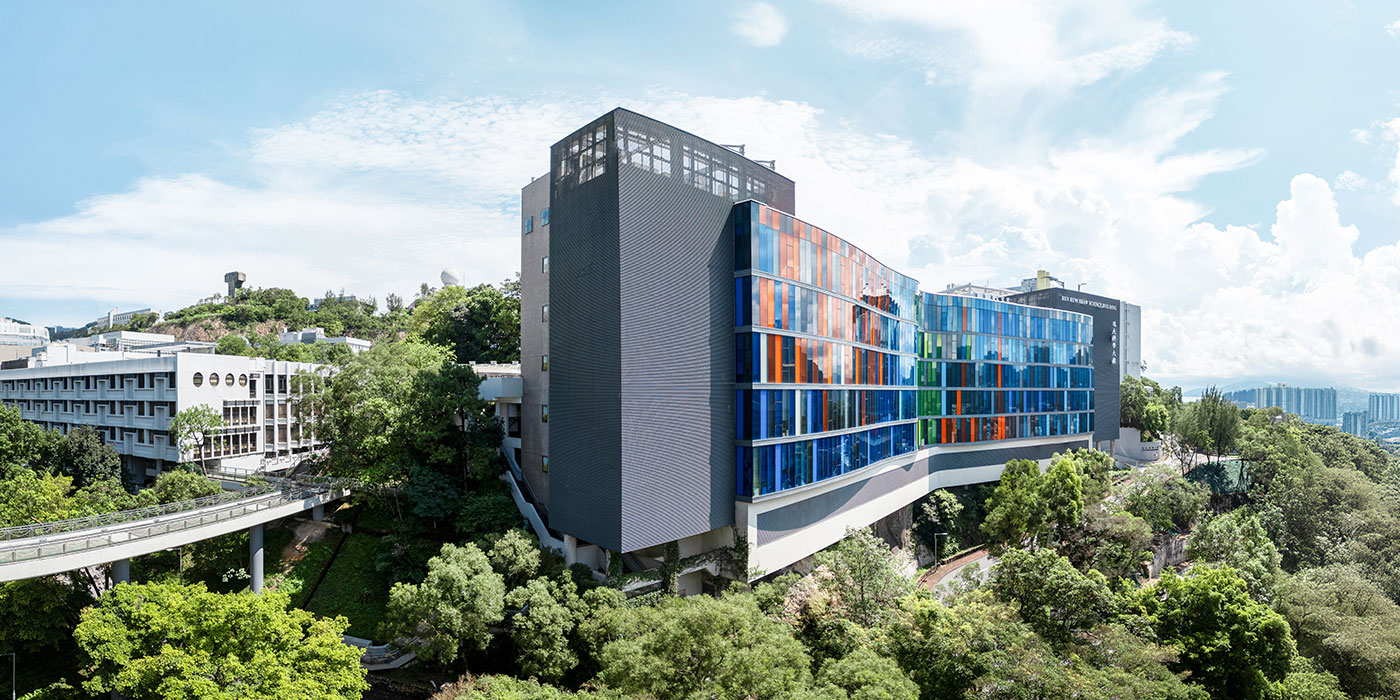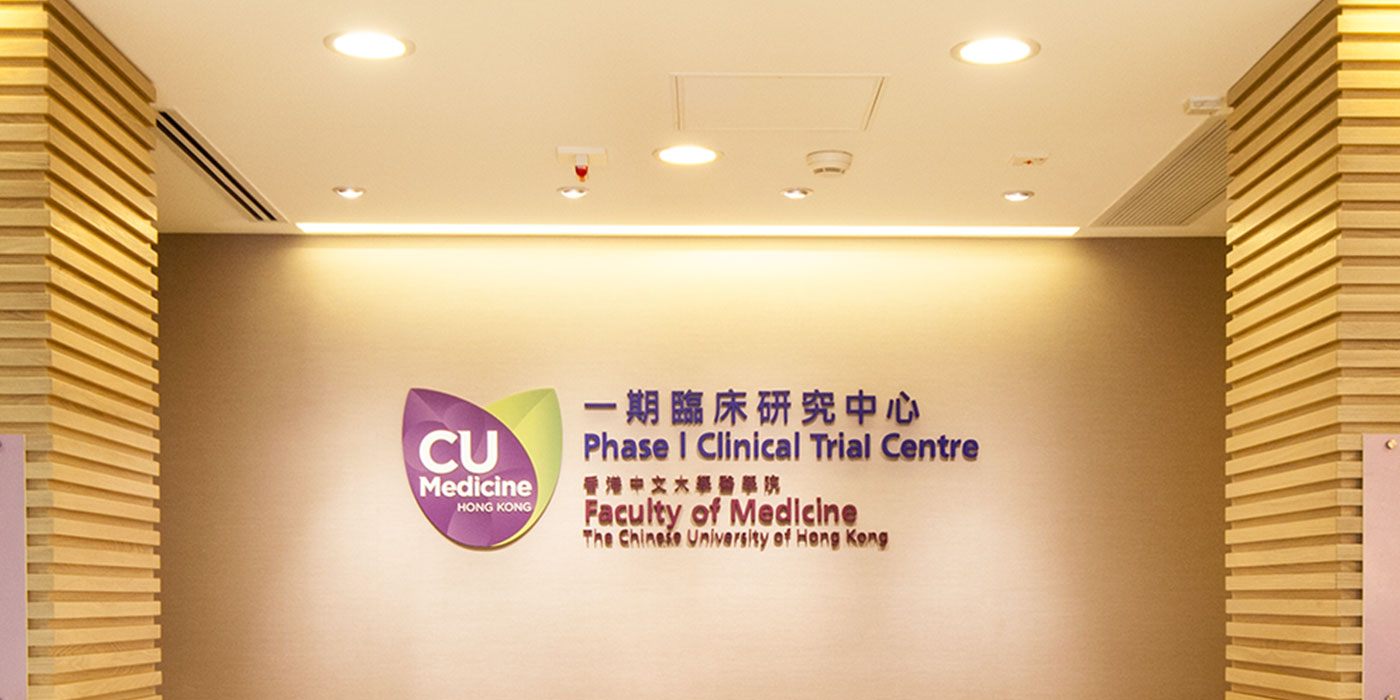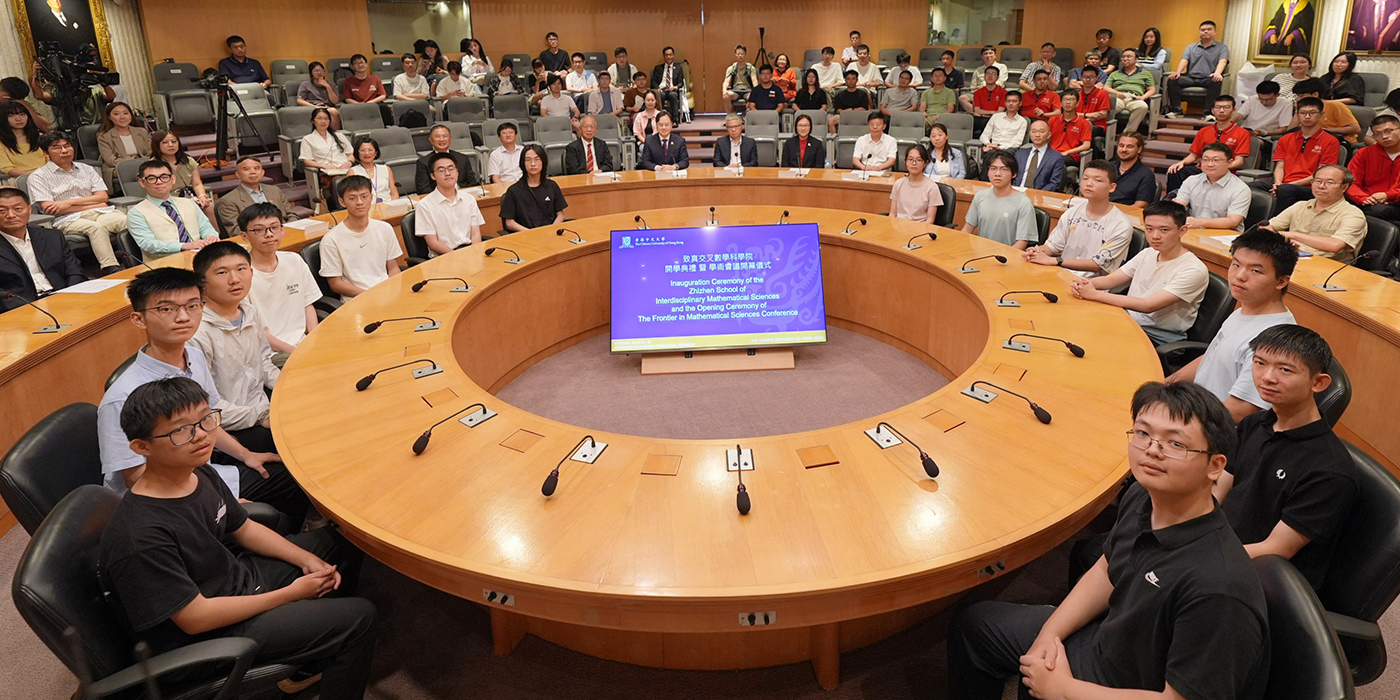Research team members include Professor Tony Mok Shu-kam (left), Chairman of the Department of Clinical Oncology, and Dr Herbert Loong Ho-fung, Associate Professor in the Department of Clinical Oncology at CU Medicine
CUHK-led study shows efficacy of a mainland cancer drug in treating multiple tumours
28 May 2025
Leading an international team, the Faculty of Medicine has demonstrated the efficacy of a new cancer drug developed on the mainland in treating multiple cancers with a particular gene mutation, KRAS-G12C, including non-small-cell lung cancer, colorectal cancer and pancreatic cancer.
The team, comprising researchers from South Korea, Australia, the United States, mainland China and Hong Kong, has conducted a phase-one clinical trial of the cancer drug involving 62 patients.
KRAS gene mutations are common oncogenic drivers in solid tumours, with KRAS-G12C being the most prevalent subtype. A biotechnology company based in the mainland has developed a new generation of KRAS-G12C inhibitor, D3S-001, to enhance efficacy and overcome cancer-drug-tolerant persistence targeting this mutation.
In the study, among 42 recruited patients who had KRAS-G12C gene mutations and had never received KRAS inhibitors before, the objective response rate was over 70% after they were treated with D3S-001, meaning that more than 70% of them experienced significant shrinkage or disappearance of the tumour. The proportion of patients whose tumours were maintained in a stable state, known as the disease control rate, was 97%. The six-month duration of response reached 70%.
For another 20 patients who had received KRAS inhibitors prior to the trial, D3S-001 demonstrated an objective response rate of 30% and a disease control rate of 80%, indicating that the new drug still has a certain degree of anti-tumour effect on patients who have developed resistance to drugs.
Additionally, a proportion of patients with cancer cells spread to the brain had intracranial tumour shrinkage or stable intracranial disease. The study results also indicated the overall safety of D3S-001: common side effects reported include mild to moderate nausea and diarrhea. These findings have been published in the renowned medical journal Nature Medicine.
Professor Tony Mok Shu-kam, Li Shu Fan Professor of Clinical Oncology, Associate Dean (Translation and Entrepreneurship) and Chairman of the Department of Clinical Oncology at CU Medicine, who led the study, says: “Data from this multi-national phase one study has demonstrated higher efficacy of this next generation KRAS-G12C inhibitor, and more so, we have shown the unique position of Hong Kong working with novel biotechnology companies from China in leading global development. I am proud that CUHK is at the epicentre of this phenomenal movement.”

